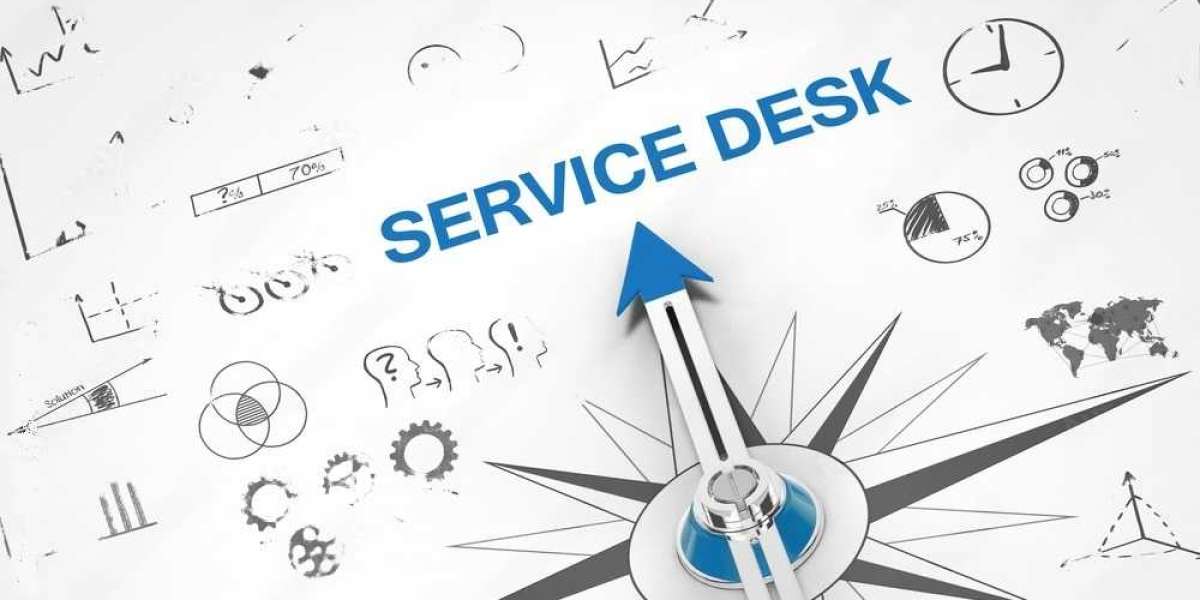A service desk is a single point of contact where users may report occurrences, ask for help with IT-related problems, and request assistance. A group of IT experts usually works there, offering assistance to both internal and external clients. Here are some examples of what a service desk does in actual situations:
Supporting users with IT problems: The main duty of the Service Desk Services is to offer technical assistance to users who are having problems with their IT. This could involve assisting consumers with hardware or software troubleshooting, addressing network connectivity difficulties, or giving instructions on how to utilise specific software applications.
Taking care of incidents: A service desk is in charge of taking care of things like system failures and security breaches. They may be notified of incidents by monitoring systems or by users who report problems, and they attempt to fix the problem as soon as they can.
IT training is another service that service desks may offer to users, either in-person or online. This could be instruction on how to use particular software programmes, how to protect against common security risks, or how to adhere to IT regulations and procedures.
Service desks frequently handle requests for new hardware or software, access to new systems, or modifications to current IT services. Users may be able to submit requests and follow the status of those requests using their ticketing system.
Monitoring IT systems: In order to proactively discover and fix problems before they affect users, service desks may also monitor IT systems. This could involve keeping an eye on server uptime, network performance, or security risks.
A service desk, in general, is an essential part of any IT business, offering users technical help and direction while ensuring that IT services are accessible and operating as intended.
 " class="wow_main_float_head_img">
" class="wow_main_float_head_img">







